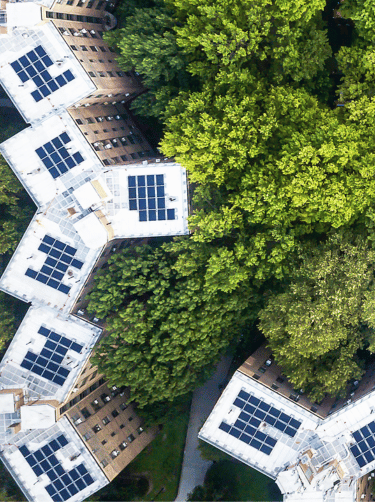Home / U.S. Climate Alliance Members Collectively Secure Nearly $3 Billion to Deploy Residential Solar Energy in Low-Income Communities Across America

WASHINGTON, D.C. — The U.S. Climate Alliance, a bipartisan coalition of governors representing approximately 60 percent of the U.S. economy and 55 percent of the U.S. population, today announced that 23 of its members have been awarded funding — approximately $2.9 billion collectively — under the Biden administration’s Solar for All program. This historic investment will enable low-income households across America to access residential solar power — and save money and energy, boost resilience, improve health, and create quality jobs.
“Every community deserves clean, affordable, reliable energy, and Solar for All is a game changer for America and a giant leap toward a more just and equitable transition,” said Alliance co-chair Washington Gov. Jay Inslee. “This record investment from the Biden administration will save hardworking families billions on their energy bills, improve health, and support local jobs and businesses — and the Alliance’s governors are ready to deliver.”
“Access to technology like solar and energy storage is critical to ensure the benefits of low cost, clean energy are shared by people across Maine and the nation,” said Alliance co-chair Maine Gov. Janet Mills. “The Solar for All program provides an enormous opportunity to generate clean, home-grown energy while delivering significant cost savings for millions of Americans and accelerating clean energy job growth.”
More information on the awards received by the Alliance’s states and territories is below:
Additional detail on awardees can be found on EPA’s website. The Solar for All competition is funded by the Greenhouse Gas Reduction Fund, which was created by the Biden administration’s clean energy plan.
Launched on June 1, 2017 by the governors of Washington, New York, and California to help fill the void left by the previous administration’s decision to withdraw the U.S. from the Paris Agreement, the Alliance has grown to include 24 governors from across the U.S. representing approximately 60% of the U.S. economy and 55% of the U.S. population. Governors in the Alliance have pledged to collectively reduce greenhouse gas emissions by at least 26-28% below 2005 levels by 2025, at least 50-52% below 2005 levels by 2030, and collectively achieve overall net-zero greenhouse gas emissions as soon as practicable, and no later than 2050.
The Alliance’s states and territories continue to demonstrate that climate action goes hand-in-hand with economic growth, job creation, and better public health. While reducing emissions by 18% between 2005 and 2021, Alliance members grew their collective GDP by nearly 30%. The coalition’s states and territories are employing more workers in the clean energy sector, achieving lower levels of dangerous air pollutants, and preparing more effectively for climate impacts and executing more pre-disaster planning than the rest of the country.
###